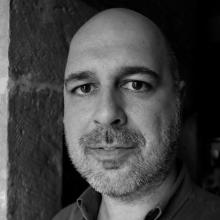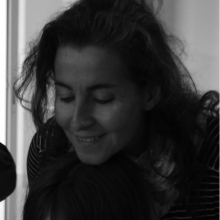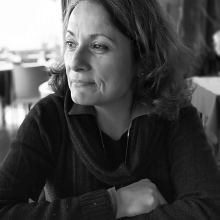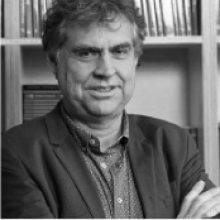The Center of Linguistics of the University of Lisbon (CLUL), a public R&D institution founded in 1932, is a unit of the School of Arts and Humanities (FLUL) devoted to research excellence in language sciences and related fields. We are an interdisciplinary research center within the Portuguese science system committed to advancing the understanding of language knowledge, acquisition and use, from the mental representation of grammar(s) to oral, audiovisual and written language processing, from language acquisition and development throughout the life span to language production and transmission across time, regions, cultures and peoples. CLUL’s research focuses on Portuguese in its multiple varieties, including diachronic, social, regional and national varieties, Portuguese-related Creoles, Portuguese as native, non-native and heritage language, in monolingual, bilingual, multilingual and contact language settings, and typical and atypical populations. Portuguese has unique characteristics in the Romance language space that offer an unrivalled opportunity for cross-linguistic and typological studies to uncover the specific and universal properties of language.
CLUL’s research extends beyond linguistics, encompassing the disciplines of psychology, cognitive science, medical sciences, speech therapy, computational engineering, history, anthropology, philosophy and literature. It combines theoretical, applied and experimental research, and field work, archive and computer-based treatment of language and speech data. The center houses three laboratories for experimental linguistics – the Psycholinguistics Lab, the Phonetics and Phonology Lab, and the Lisbon Baby Lab, as well as an additional speech lab facility for high quality acoustic recording. CLUL also owns an important specialized library of over 30k volumes.
Advanced training and knowledge transfer are at the heart of CLUL’s mission. The center is strongly involved in several advanced training programs at FLUL and ULisboa, and participates in the Mind-Brain College of ULisboa. It sees service to the community as a central part of its research activities, and develops initiatives to broadly disseminate research outcomes, and promote their application to societal demands, especially in the domains of Language and Speech Technologies, Health Care and well-being, Education, and Social Inclusion.
- Integrated members with PhD85number of Integrated members with PhD
- Integrated members without PhD24number of integrated members without PhD
- colaborators39number of colaborators at CLUL
- projects8number of current financed projects at CLUL
- groups5number of research groups at CLUL
THERE ARE THREE MOMENTS IN THE HISTORY OF CLUL.



















